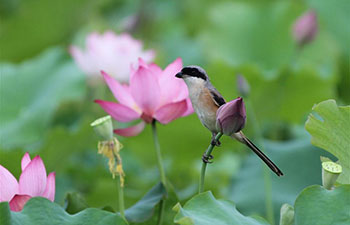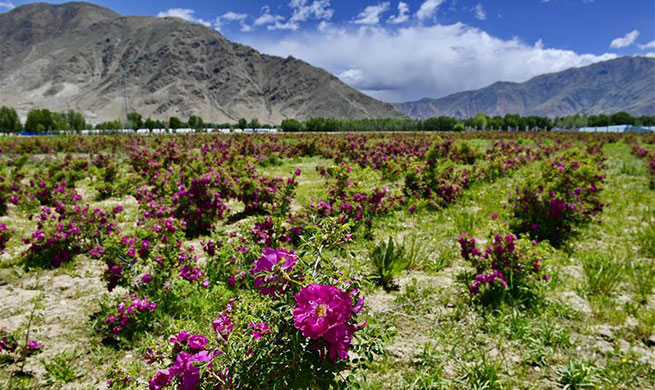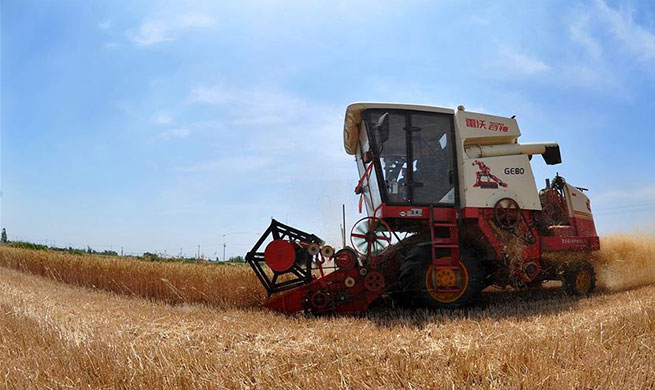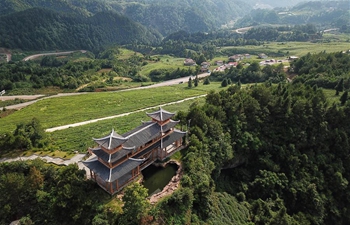WINDHOEK, June 10 (Xinhua) -- Namibian Juliana Uushona, 46, lost her husband four years ago and with his death, she also lost their property after her in-laws took everything.
With nowhere to turn, the mother of four was forced to go back to her parents until last year when she reclaimed her property back.
This was after she attended a workshop on gender equality and women empowerment in agriculture, where she was informed about her rights in terms of property and land ownership.
At the workshop, it was explained that women can also have land use rights, something she had been told was taboo according to tradition.
Uushona is one of the thousands of rural women who have been helped through the training that Namibia is currently undertaking in rural areas aimed to promote women's rights in accessing communal land.
As it stands, in some parts of the country, women are not allowed to apply for land use rights.
According to project manager Salatiel Shinedima, because communal land does not belong to an individual but rather a community when it comes to inheritance, women are normally left out.
"What we discovered is that in the regions where you have traditional and cultural societies, people are likely to hold on to their cultures and culture sometimes discriminates against women," he said.
As a result, women do not have access to property rights or other possessions that they have accumulated.
"The problem would come when the person who is holding the land rights dies (who is normally the man) the widow sometimes is chased away or the rights are given to the older son of the deceased and this normally causes conflict, especially if there are other siblings involved," he said.
"Sometimes if the widow is not chased out the land is cut and she is given a small portion where she cannot even produce any food for sustainability," he said.
According to a baseline survey done by the University of Namibia in 2016, the 40 percent of rural women who own land use rights owned them through men, meaning either through a deceased husband or parent.
"We are trying to teach these women how to protect themselves in terms of property. We have a lot of property grabbing where the widow is left with nothing after the husband dies," he said.
The project which started in 2016 aims to raise awareness by capacitating women and traditional authorities to respect the rights of women when it comes to communal land.
"For us to have food security in the country, we need to empower women, because they are the food producers of any society. We needed to empower women, not only with skills but with resources," he said.













